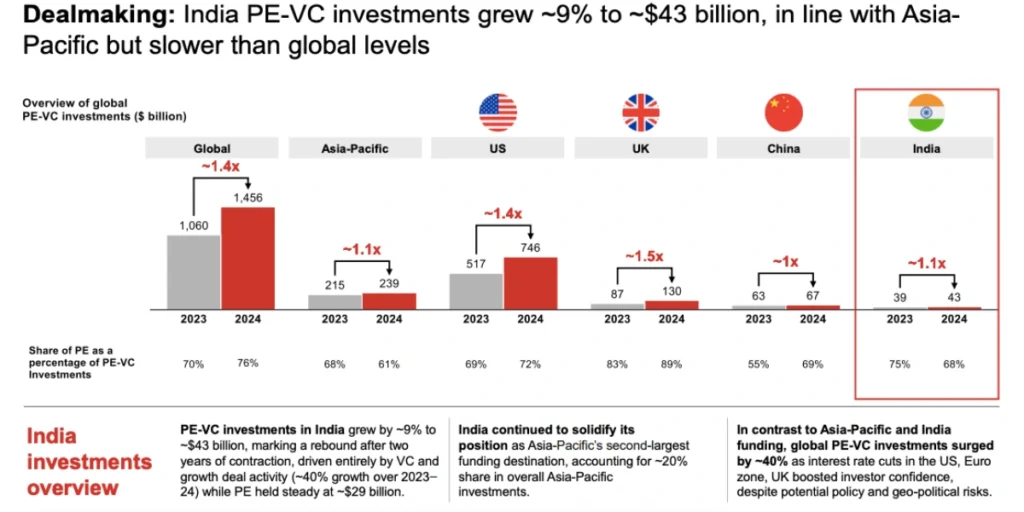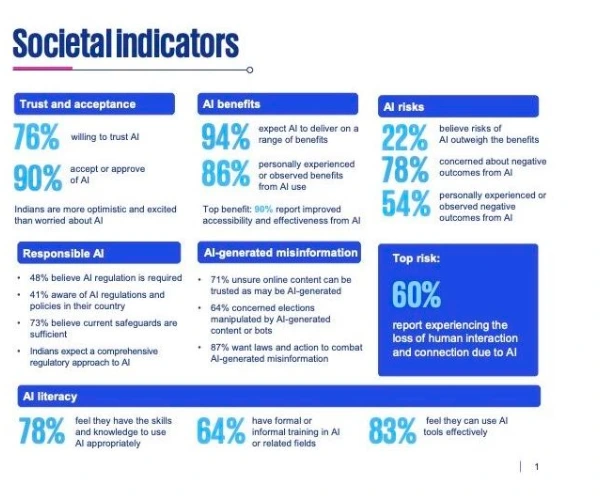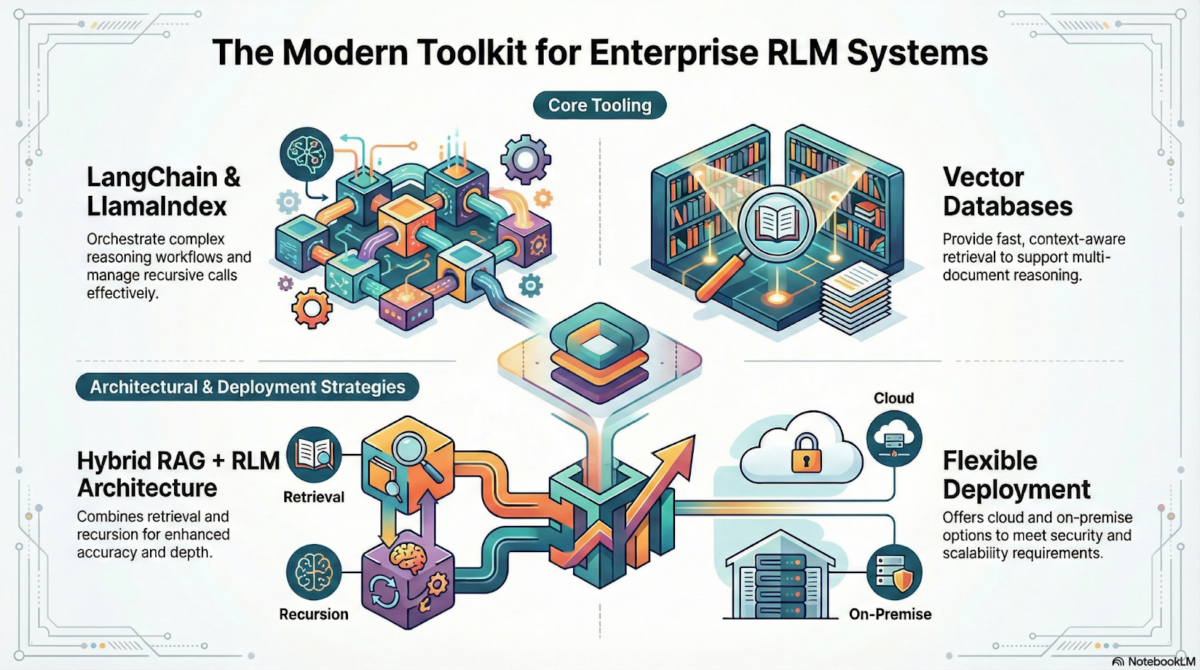Artificial Intelligence is no longer just a buzzword in India’s tech circles. It’s now at the center of the country’s startup investment wave. Venture capital firms (VC Firms) are shifting their focus from building foundational models to backing startups that create practical AI tools tailored for real-world use. Whether it’s healthcare, finance, logistics, or enterprise solutions, these startups are building products that solve specific problems and investors are paying attention.
According to a report from Mint, venture capital firms in India are increasingly investing in application-layer AI startups in India. These are companies that aren’t reinventing the AI wheel but are instead using existing AI models to build usable tools for businesses and consumers. Hemant Mohapatra, Partner at Lightspeed Venture Partners, summed it up well: “We are seeing a lot more application-layer pitches from founders. Our investments will likely be weighed more heavily there.”
This approach makes sense. Building foundational models is expensive, time-consuming, and requires massive computing power — something only a few global giants can afford. But using those models to create efficient solutions for industries is more practical and scalable. That’s where Indian startups are stepping in, and they’re doing so with increasing clarity of vision and execution.
Turn AI Hype into Business Reality
Get a personalized AI roadmap for your SaaS product—powered by Dextralabs’ proven AI agent expertise.
Book Your Free CallA Rebound Year for Startup Funding
After two years of sluggish activity, venture capital and private equity funding in India bounced back in 2024. As per Bain & Company, investments rose 9% year-on-year to $43 billion, covering around 1,600 deals. A key driver behind this surge is India’s unique data advantage, founder maturity, and the ability to scale without burning through excessive capital.

What’s particularly interesting is the funding pattern. Early-stage startups are raising smaller rounds initially, followed by larger growth rounds once their product-market fit becomes evident. This staggered approach helps investors place smaller initial bets while giving startups time to prove their worth before scaling.
Why AI Startups Are Grabbing Attention?
India’s push into AI isn’t just about technology, it’s also about timing and opportunity. With improved infrastructure, a large tech talent pool, and growing demand for smarter tools, startups have everything they need to build solutions that cater to both local and global markets.
But there’s more to the story.
Big Tech companies are no longer the only ones innovating in AI. Open-source models, affordable hardware, and better access to cloud infrastructure have leveled the playing field. Now, even early-stage startups can build competitive AI tools — especially when they focus on niche use cases. Whether it’s an AI agent for legal documentation or a smart assistant for healthcare diagnostics, the opportunities are wide open.
The real winners, however, are not those chasing headlines with flashy AI models. It’s those building domain-specific tools that actually work, the kind that plug into existing systems and improve productivity, reduce costs, or help make better decisions.
But Are We Getting Too Comfortable With AI?
While optimism around AI in India is clearly high, not everyone sees it as a good thing. A global study titled “Trust, Attitudes and Use of Artificial Intelligence” by KPMG and the University of Melbourne reveals a few unsettling trends in the Indian context.

According to the study:
- 94% of Indian respondents expect AI to deliver a range of benefits — a sentiment that shows great belief, but also hints at unrealistic expectations.
- 73% believe current safeguards are enough — a relaxed stance that may not reflect the full picture when it comes to data protection, bias, or accountability.
- 67% said they can’t complete their work without AI, and 71% prefer using AI tools over learning to do a task themselves.
- Even more concerning, 81% rely on AI outputs without checking for accuracy.
These numbers suggest a growing dependence on AI tools, possibly at the cost of critical thinking and core skill development. It’s one thing to use AI to work faster; it’s another to let it replace basic understanding.
The report raises a fair question: Are we building a future that empowers people, or one where people hand over their decisions to machines without understanding the consequences?
The Opportunity (and Responsibility) Ahead
There’s no denying the momentum. AI startups in India are getting the support they need from investors, customers, and infrastructure. They’re solving meaningful problems and opening up new revenue models. And for now, the funding scene seems more vibrant than it has been in years.
But alongside the funding and optimism, there’s also a need for caution. Founders and investors alike must remember that AI is a tool — not a replacement for human judgment. Building useful AI doesn’t mean automating everything blindly. It means creating systems that support people, not sideline them.
Startups that strike this balance between innovation and responsibility. They are the ones most likely to succeed, not just in the market, but also in building trust that lasts.








